The humble cow has long been intertwined with Irish history, having arrived in Ireland as early as 2,000BC and quickly became our most revered animal. Cattle were used as the most valuable unit of currency under Brehon Law, and often given as dowry. Our most famous tale, the Táin Bó Cúailnge in the Ulster Cycle of Irish mythology, tells of how Queen Medb of Connacht went to war with Ulster over a particularly fertile bull. Many of our place names arise from bó, the Irish word for cow, or tarbh, bull, and even our word for road — bóthar — means “cattle path”. Until relatively recently, one might find free-roaming cattle wandering any of these country roads, a practice known as grazing the long acre.
With high-yield farming being the modern norm, many of our native breeds have faded from popularity over the last few centuries, having been replaced with larger European breeds like the Holstein-Friesian or Hereford. One of our remaining indigenous breeds is the adorably small Dexter; despite being brought to the verge of extinction in the 20th century, and classed as a rare breed as recently as the 1970s, the Dexter has increased somewhat in popularity over the past few decades, although numbers remain at just 2,000.
Dexter cattle were developed in County Tipperary, and are similar to the Kerry cow, descendants of the ancient Celtic Shorthorn. They weigh just 350kg at most, and are about one metre tall, half the size of an average continental breed. The breed was once known as the poor man’s cow; their diminutive size meant they could be kept on a single acre, and they can do well on low-quality pastures. Being a good dual-purpose breed, one cow would provide plenty of rich milk as well as a calf each year, which would be slaughtered for beef.
And what beef it is. Dexter meat is excellent quality, with good marbling, and a deep, almost gamey taste. Five years ago, it was this full-on flavour that enticed fourth generation farmer Damien Tumelty and his partner Jackie Gibson — previously a special needs assistant — to begin farming Dexters. “The children were smitten when they spotted the tiny cattle at a show, so Santa delivered two in-calf heifers that Christmas.” Once they had tasted the beef, they were blown away by its flavour, tenderness and texture.
“Combined with the fact we found we could farm Dexters on a much more sustainable basis, with ours being completely grassfed, this made the breed a perfect fit for us, and promoting a rare, native breed has been a huge plus. We were sold on these wee cows,” says Damien.
Damien and Jackie now have 117 Dexters, and are passionate advocates of free range farming. “Sustainability is something we’re always striving to improve on,” says Damien. While not officially registered as organic, Jackie and Damien use organic farming methods on a daily basis. “We do not use pesticides, herbicides or artificial fertiliser. We are part of the environmental farming scheme and have recently planted trees and hedges on the farm to promote diversity, alongside riparian buffers to protect our waterways.”
In addition to the herd of Dexters, the 70-acre Castlescreen is also home to sheep, pigs, hens, ducks, geese, dogs and two donkeys. “We farm with a very low intensity ethos with high animal welfare at the heart of our farm. Our livestock is all free range and our pigs farrow [give birth] freely, not in crates.” The Dexters fit very well into this ideology, being light of foot and easy on the land, and they thrive on the high-clover grass at Castlescreen.
“Feeding on grass is much better for the animals; Dexter cattle are a very hardy breed and are healthier and happier being outside most of the year.” Luckily for us in Ireland, grass-fed beef is also significantly better for us; it’s higher in omega-3 than mackerel, low in saturated fats and rich in minerals and vitamins. “At the heart of our farm is a love of animals.” says Damien. “To be honest, we are more contented when we see cows outside in the fields.” When I visited Castlescreen in April, it seemed evident that the cattle share this sentiment, ambling happily through lush, green fields.
At the edge of one of the barns, set up on a portable stove, Damien cooked a few sirloin steaks along with Castlescreen’s best-selling beef and vegetable rolls, their upgraded version of a traditional Northern Irish dish combining lean Dexter mince with leeks, carrots and onions. I know that eating outdoors makes everything taste better; I know, too, that hunger is good sauce, and I was admittedly ravenous following an episode with a stubborn coach driver who insisted on going the wrong way for 40 minutes. However, even allowing for these considerations, this beef hit all the right notes. While animal welfare and sustainability are two aspects of farming that I feel very passionate about, the quality of the end product is still paramount, and the way in which the Castlescreen cattle are farmed seems only to improve the beef.
“Dexter beef is recognised to have a distinctive fuller flavour,” explains Damien. “It is naturally highly marbled which gives it a superb succulence. We dry age ours for 35 days, and this intensifies the flavour and develops a supreme tenderness.”
When I first encountered the phrase “eat it to save it,” it sounded completely counterproductive, but the concept actually makes a lot of sense. Choosing rare breed meat like Dexter beef is an important part of keeping heritage breeds like this in existence. Without demand, there’s little impetus for farmers and producers to work with these animals, and they run a higher risk of extinction; if you are eating meat anyway, then consciously choosing the unconventional option is an ethical decision.
This brisket recipe is summertime slow cooking at its finest; I’ll be adding some salads and a few cold beers and seizing any opportunity for al fresco dining. The Dexter brisket is tender and rich in flavour, while the glaze adds a great sticky sweetness. Read the recipe here.
Castlescreen beef is sold largely at farmers’ markets across Northern Ireland, although they are opening a farm shop at the end of May. “We’ll then be working on a full e-commerce website for online ordering.” The pair also set up their own on-farm butchery last year, streamlining the process and giving them much more control over their products. More recently, they’ve been working with Corndale Farm in Co. Derry to produce a Dexter beef, garlic and black pepper salami; I’ve tried it, and it is very, very good. I’m planning on enjoying the rest of mine on a pizza with some fresh chillies.
While intensive farming continues to be the standard for the time being, it’s great to see farmers choosing to return to the natural, sustainable practices of old, in which pastures were chemical-free and small black cattle grazed the long acre as well as the field. Looking at Jackie and Damien’s herd, it’s not hard to see why our hardy native breeds have played such a significant role in our history, and I hope more people begin to see their value — especially when they taste this good.
- summer events
- small business
- gut health
- OATLY
- healthy
- Crudo
- top tips
- All Together Now
- fridge cake
- Events Waterford
- me auld flower
- Events Ireland
- food festival
- news
- dublin
- events Dublin
- dublin festival
- Home-Cooking
- food and drink festival
- online cooking course
- festival line-up
- cooking
- Summer festival
- eco-friendly
- Events
- cosy
- Festivals Ireland
- wine
- Body & Soul
- grapes
- music festival
- south africa
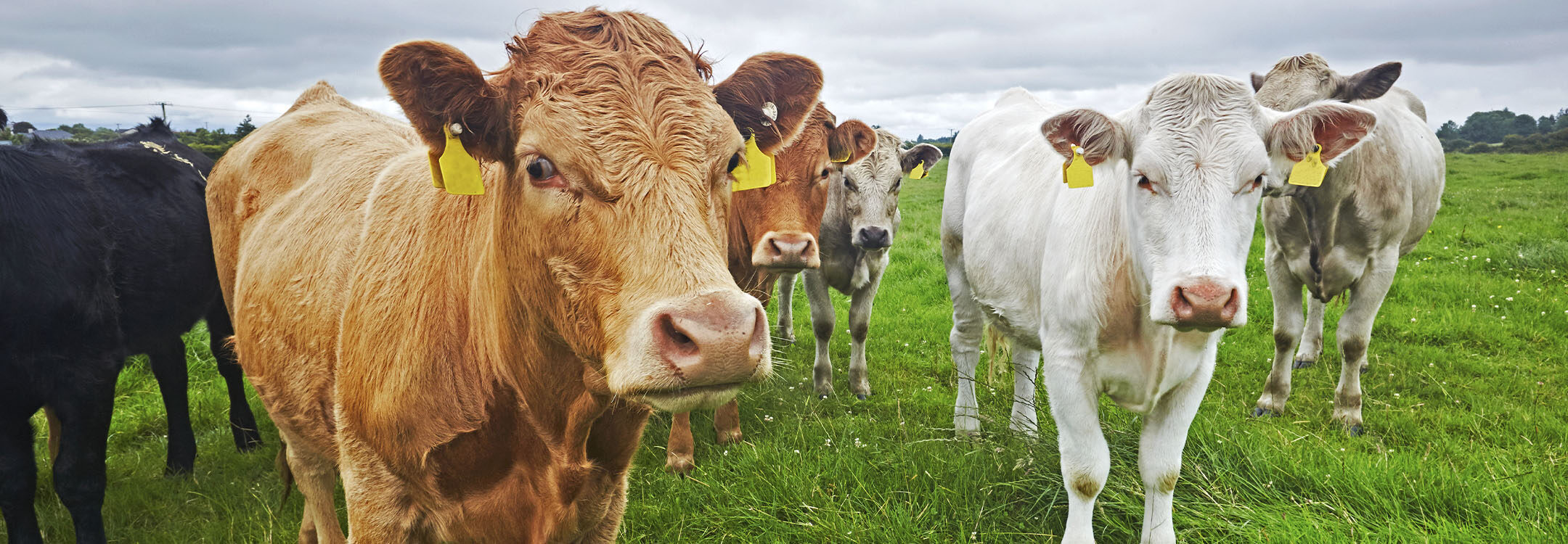
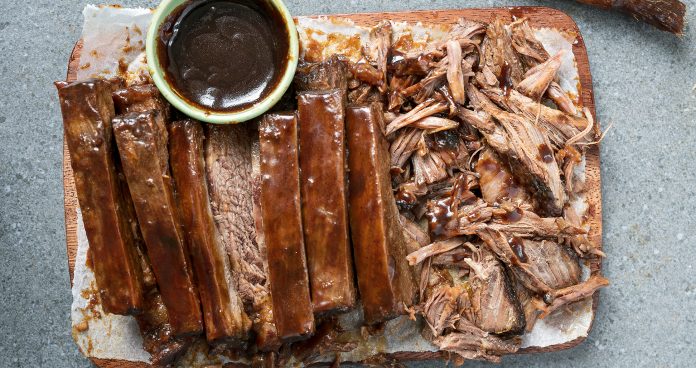

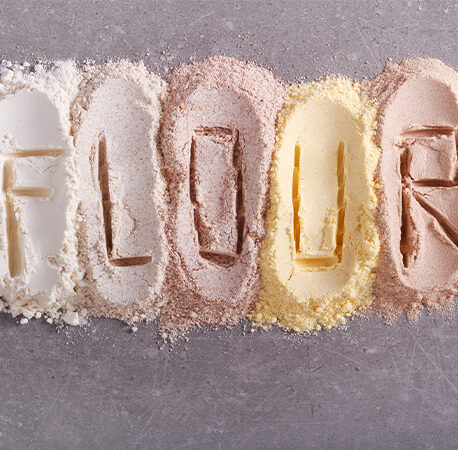
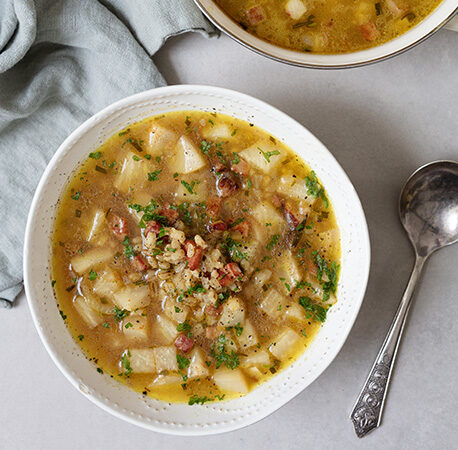
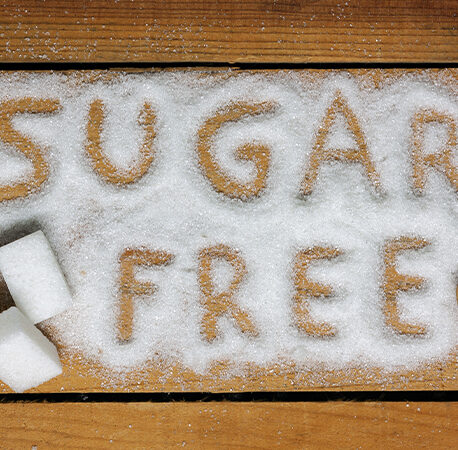
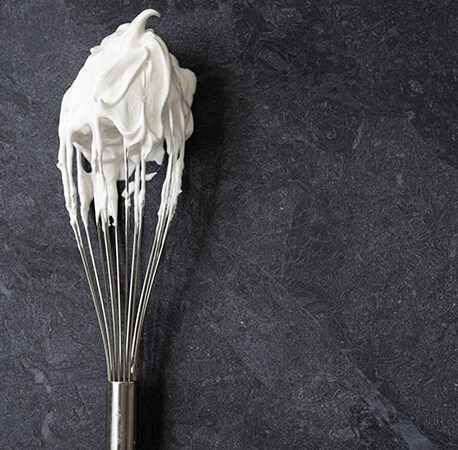
You have to be signed in to comment this post.